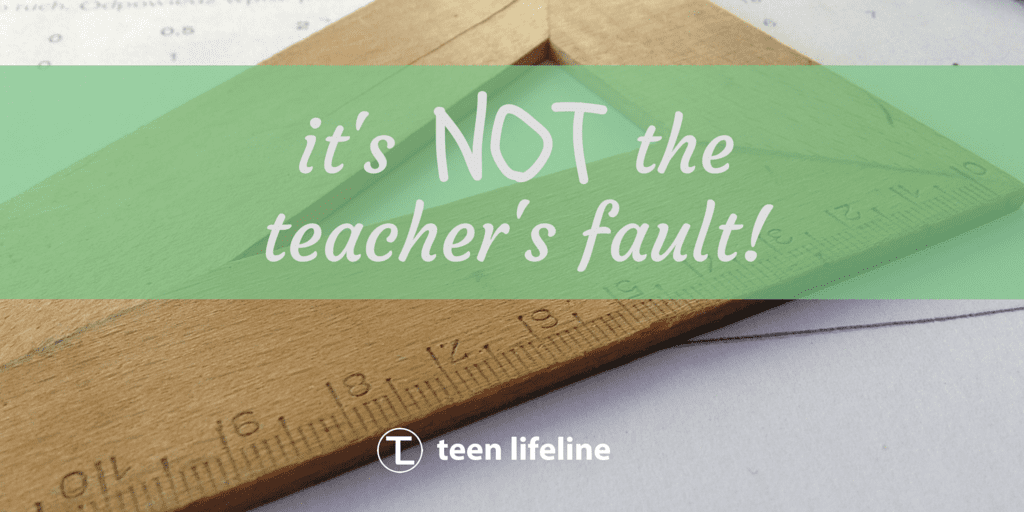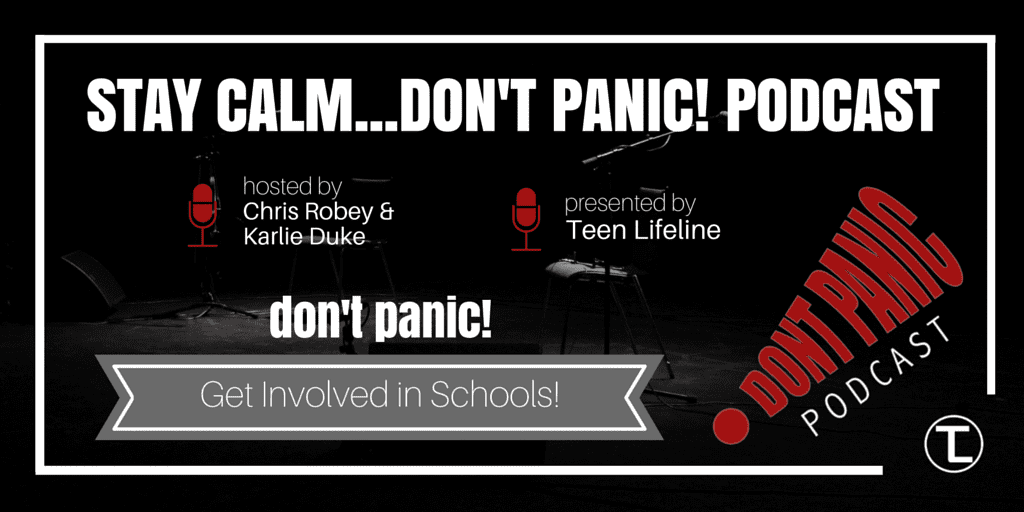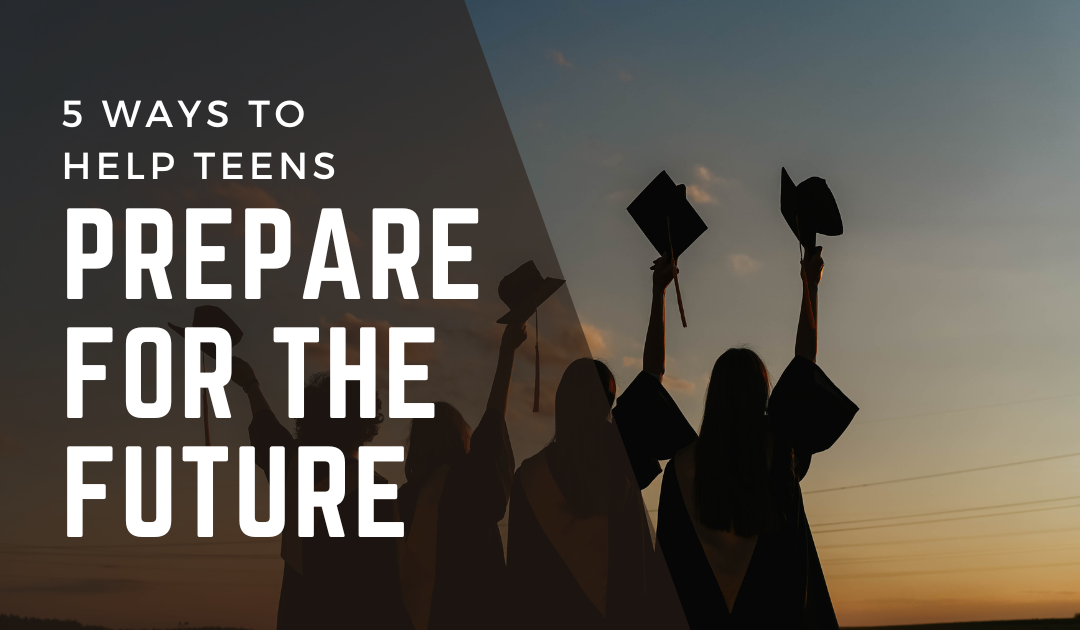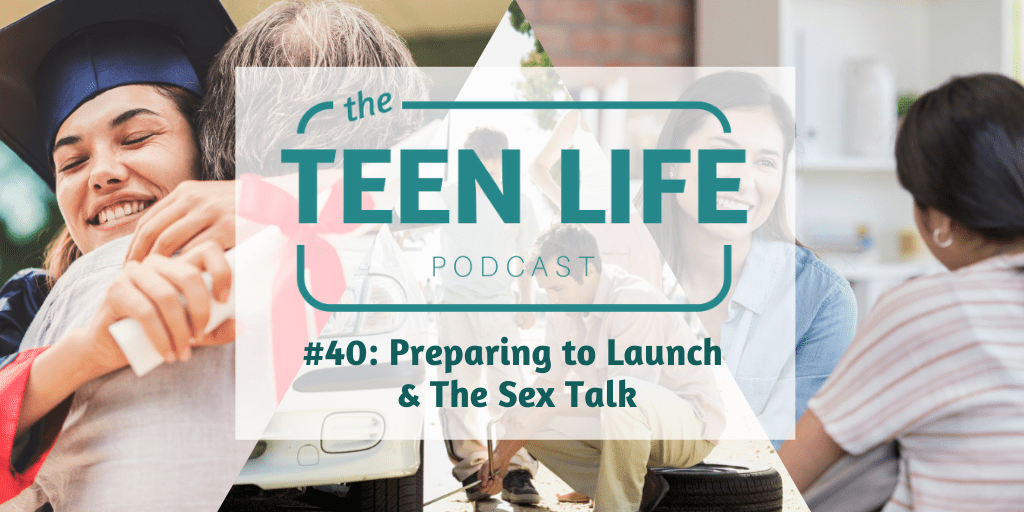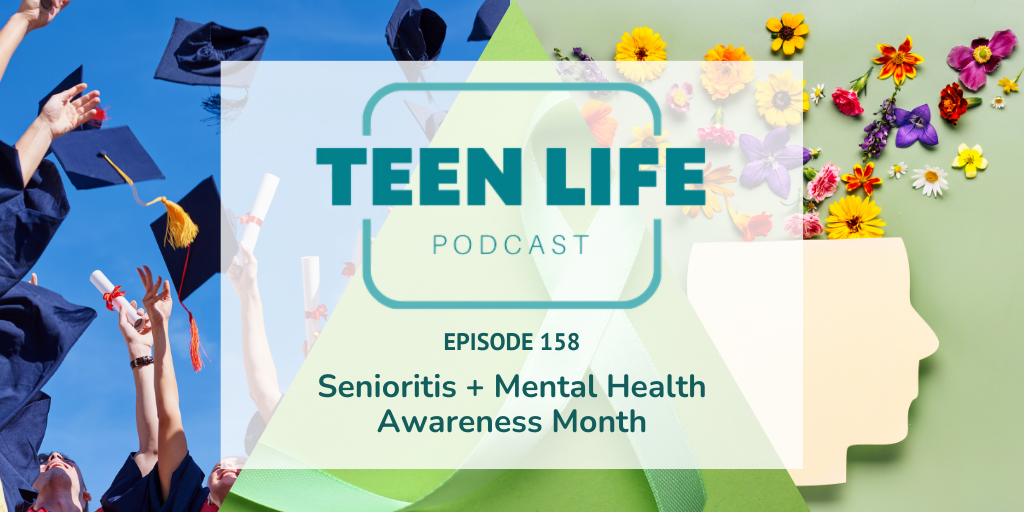
4 Ways the “Check-In” Transforms Relationships
Podcast: Play in new window | Download
Chris sits down with Dr. Mark DeYoung to talk about the importance and power of the check-in.
Talking to teenagers is about more than just getting information, it can build relationships and help them find their own identity. You don’t want to miss these tips on how to make the most of the check-in!
It is in empathy that teens start to understand who they are.
In this episode, Dr. Mark DeYoung discusses…
- The importance of the check-in for building relationships.
- How empathy can help teens shape their own self identity.
- The benefit of asking teens how they are doing as a regular part of routine.
- How to best deal with answers like “I don’t know” and “I’m just fine.”
Ask yourself…
- Am I asking questions or making statements?
- Do I have an agenda when asking this question? Or am I just seeking to understand?
- Is this a good time to have a conversation? Or should I try again later?
Go ask a teen…
- What was your favorite part of your day?
- Was there something that made you laugh today?
- How upset/happy did that make you feel on a scale of 1 to 10? What makes it that number? Can you tell me a little more?
Resources:
- DeYoung Consulting: deyoungconsulting.com/
- Music: Under the Chandeliers
Have a question?
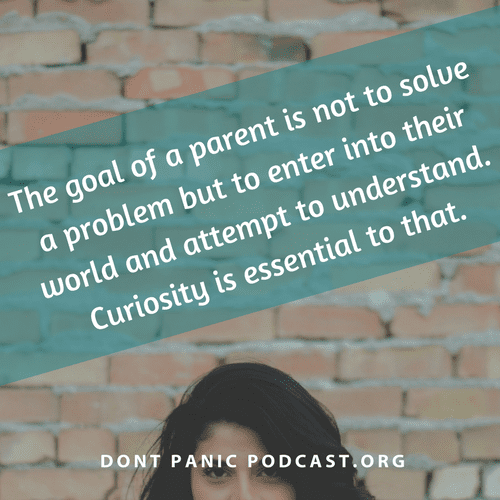

Karlie Duke
Communications Director

Chris Robey
Former CEO

Dr. Mark DeYoung
Special Guest
Dr. Mark DeYoung | Special Guest
Mark DeYoung is a Licensed Marriage and Family Therapist with over eighteen years experience counseling and helping families and children. His BA is in Human Resources, and Master’s Degree in Marriage and Family Therapy. He completed his PhD in Child Development in the spring of 2008. He currently provides In-Home counseling services for families in the Fort Worth region of North Texas. His private practice includes the following counseling services: Marriage Therapy, Family Therapy, Foster family therapy, Adoption work, Parenting support and coaching.
Karlie Duke | Director of Communications
Karlie has always had a heart for teenagers. Through her role at Teen Life, she loves to showcase the amazing stories coming out of Support Groups, but she is especially passionate about helping adults and teenagers find connection. Karlie has a BS in Communications with a minor in Family Studies from Abilene Christian University.
Chris Robey | Former CEO
Chris has spent most of his career empowering teenagers from all backgrounds. As the former leader of Teen Life, he is passionate about helping students make good choices while also giving adults the tools they need to communicate more effectively with teens. Chris is a graduate of Midwestern State University and holds a Master’s Degree in Family Life Education from Lubbock Christian University.









